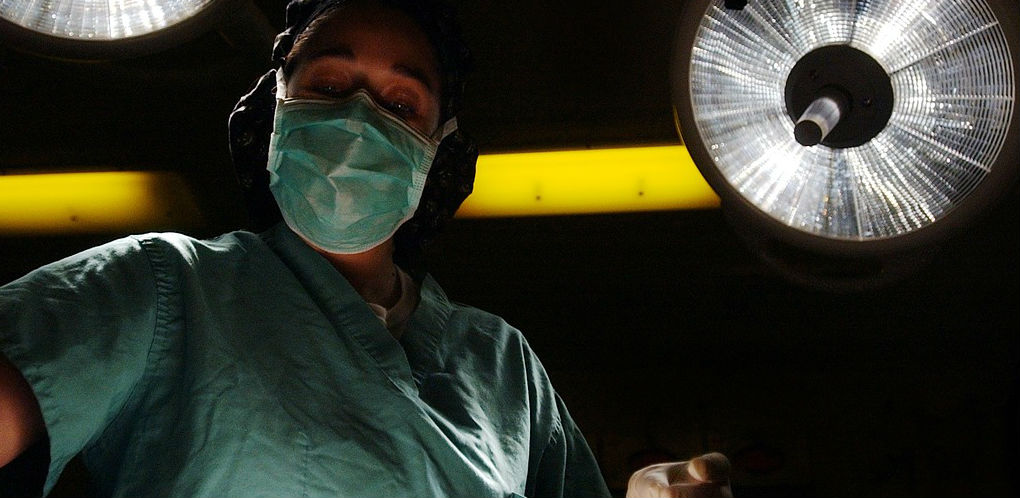
As COVID-19 infections surged in March, hospitals shifted the bulk of their resources to treating infected patients. Most surgeries were delayed or canceled to avoid patients from needless coronavirus exposure.
In May, with COVID cases trending downward, St. Louis hospitals began again performing elective surgeries. But the question remains, what should hospitals do to prevent serious surgical errors and patient infections during the coronavirus pandemic?
Four leading professional healthcare organizations issued such a blueprint.
In April these medical groups released a joint statement they called a “Roadmap for Resuming Elective Surgery after COVID-19 Pandemic”:
· American College of Surgeons
· American Society of Anesthesiologists
· Association of periOperative Registered Nurses
· American Hospital Association
They outlined steps that hospitals should take once elective surgeries are again allowed in their areas. In St. Louis, that time has arrived.
Surgical Standard of Care during Coronavirus Pandemic
So what is the standard level of care they recommend for elective surgeries during the coronavirus pandemic?
The first is simply making sure it is a safe time for surgical patients. St. Louis (or any geographic region) should experience a sustained fall of COVID-19 cases over a 14-day period before performing elective surgeries.
Hospitals should have an appropriate level of trained staff and hospital beds – both ICU and non-ICU – to treat surgical patients without going into crisis mode. For example, hospitals need enough staff on hand to avoid dangerous burnout and fatigue that have hit medical professionals hard during the pandemic.
Healthcare experts involved in mitigating the spread of the novel coronavirus have advocated for high levels of testing. The same applies for ensuring safe elective surgery.
Proper COVID Testing Before and After Surgery
Hospitals performing elective surgeries during the pandemic should have adequate testing procedures that:
· Uncover surgical patients that have COVID-19
· Include healthcare providers at a safe level and frequency
· Include a process for responding when surgical patients or staff test positive for coronavirus to minimize infection spread
In the early stages of the pandemic, a lack of personal protective equipment was a major concern. This joint statement stresses the need for hospitals to have a plentiful supply of PPE , as well as being well stocked with appropriate surgical supplies before conducting elective surgeries.
A hospital’s PPE inventory should match its anticipated number of surgeries and the type of procedures to be performed. And staff should be properly trained on the use of PPE per standard levels of care during non-crisis situations.
Following this surgical joint statement the U.S. Centers for Disease Control and Prevention issued in late June a more general set of updated COVID-19 standard level of care guidelines for healthcare facilities to follow.
Healthcare providers are to be commended for their selfless and tireless work during the COVID-19 pandemic. But as medical treatments open back up, standard levels of care relative to the pandemic must still be maintained to prevent patients from enduring needless medical mistakes.
If you had a loved one die or you suffered more harm during medical care and you suspect errors were made in the hospital, speak with a medical malpractice attorney about your experience.
The choice of a lawyer is an important decision that should not be based solely on advertisements.
Authored by Gray Ritter Graham, posted in Blog July 9, 2020

 RSS Feed
RSS Feed